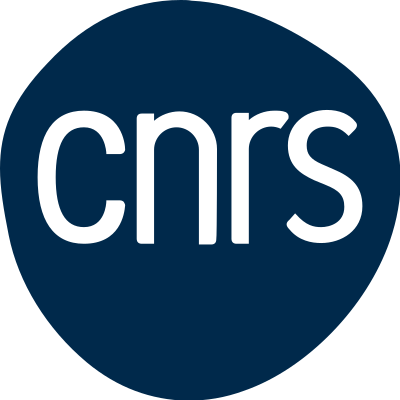Seminaire SynSem
-
Le 19 mai 2024 de 14:30 à 16:30false false
Martina Wiltschko (UPF/ICREA) - Beyond polar truth. Evidence from response markers
With the rise of interest in the formal properties of the syntax-pragmatics interface, there has been an increasing interest in the syntax, semantics, and pragmatics of polar response markers (cf. Martins 2009, Kramer and Rawlins 2009, Authier 2013, Krifka 2013, Haegeman and Weir 2015, Roelofson and Farkas 2015, Holmberg 2016, Li et al. 2016, Wiltschko 2017a/b, 2021). It has become clear that, across languages, they display complex behavior, which belies their morphological simplicity. Most current treatments of response markers focus on their use as answers to polar questions and (to a lesser degree) as responses to assertions. Hence most analyses focus on the relation between polar response markers and the valuation of polarity.
However, response markers have a much wider range of use. In this talk, I shall discuss several domains where the use of response markers goes beyond the valuation of polarity.
i) It has long been acknowledged that languages differ as to whether they have a polarity-based or an agreement-based response system (Kuno 1973, Pope 1976, Sadock and Zwicky 1985, Jones 1999; Holmberg 2016). Thus, apart from valuing polarity as positive or negative, response markers can also indicate whether the responder agrees with the propositional content presented in the question.
ii) Response markers can be used to respond to all kinds of speech acts including e.g. wh-questions, and exclamatives, as well as non-linguistic events. (Wiltschko 2017a, 2021). In neither of these cases, the polar response marker is used to value polarity as there is no polarity to value.
iii) Response markers can be modified in various ways to encode the epistemic and affective stance of the speaker toward the target of the response (Wiltschko 2017b, 2021). These modifications can be realized prosodically (e.g., vowel length) or by means of other particles (e.g., oh, well).
iv) Response markers can be sensitive to the formality of the situation and the status of the interlocutor. This is attested in Hindi Urdu (Farman, in prep.), where there are different ways of saying yes and no depending on who is talking to whom and it what context.
I argue that the functional complexity response markers not only serves as a window into the grammar of polarity (Martins 2009) and the syntax of speech acts (Krifka 2013), but more generally as a window into the cognitive architecture into which language is embedded (including the nature of the common ground, the relation between language and emotions, and the cognitive underpinnings of politeness).


